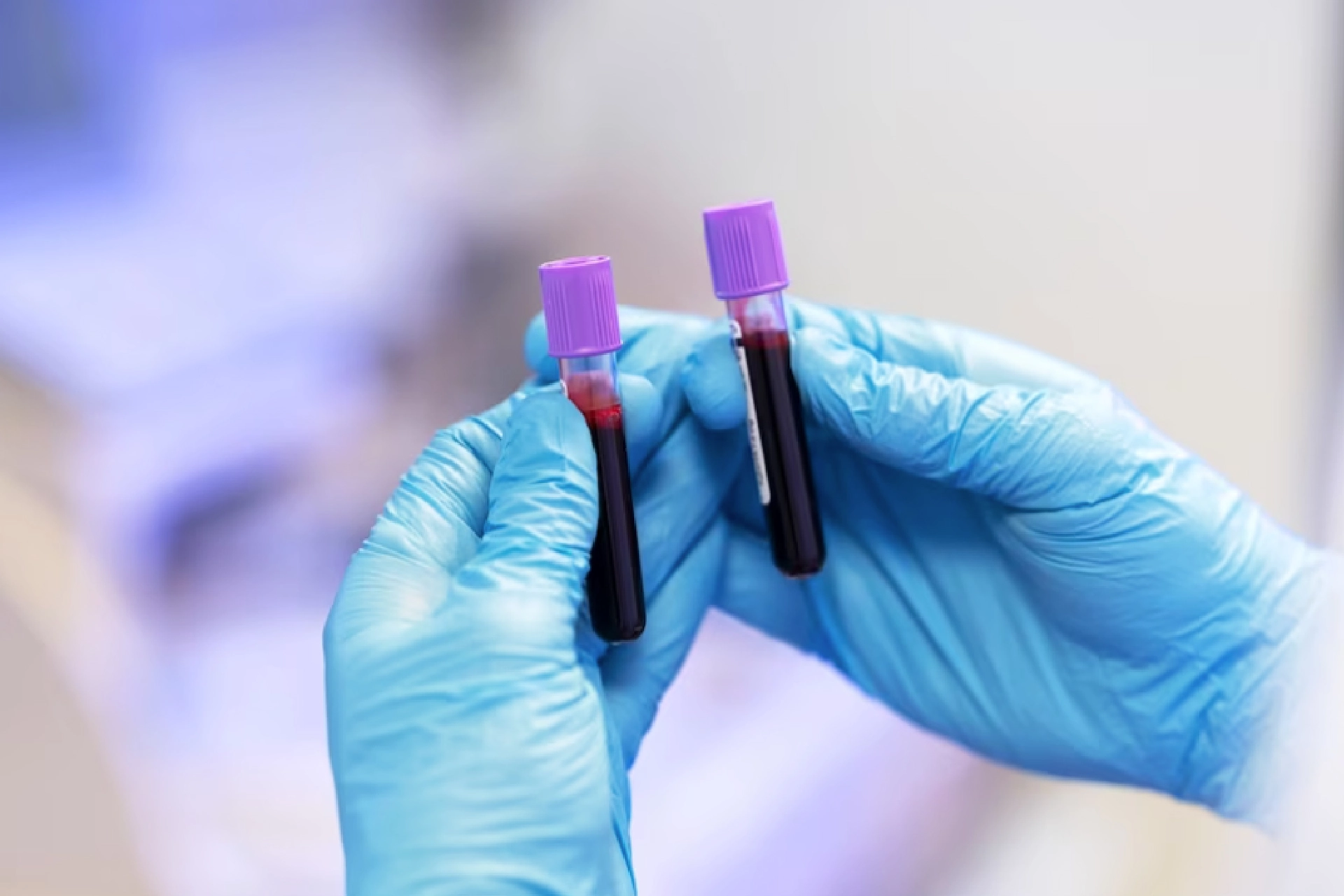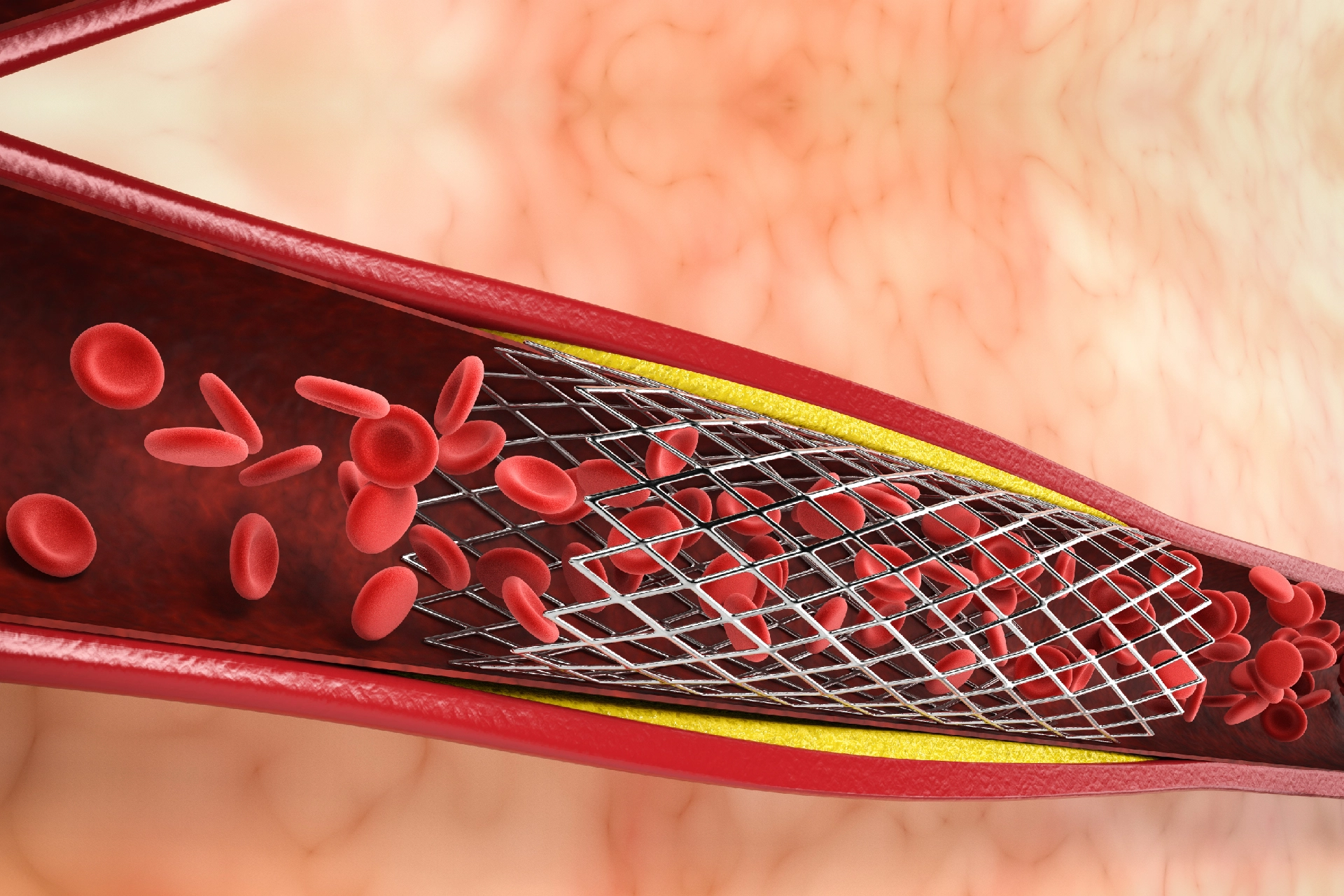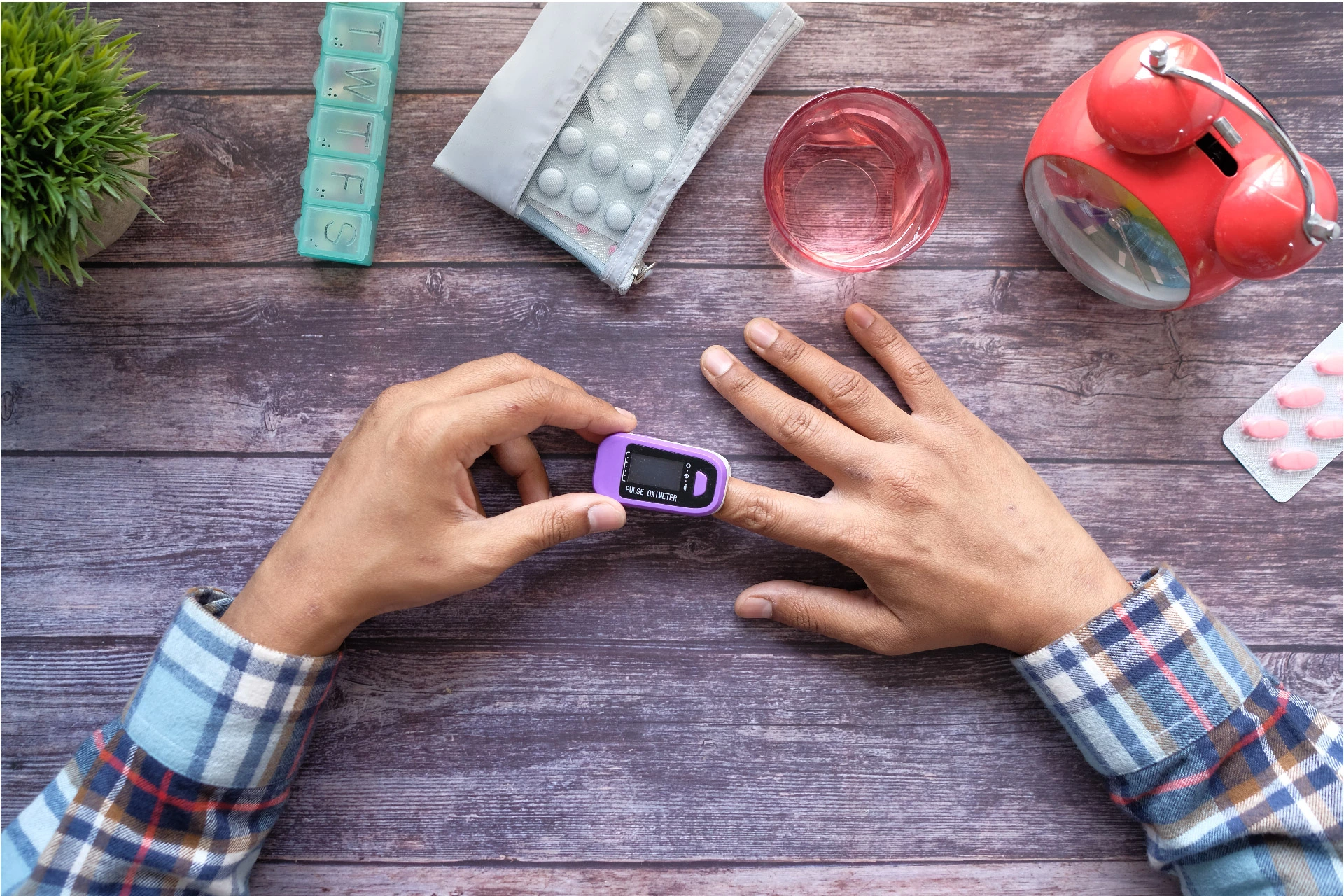Health Tests | 5 min read
What a Full Body Test Entails and Why it's for you?
Medically reviewed by
Table of Content
Key Takeaways
- Get a full body test every year to check the health of your organs
- Get your blood work checked for glucose, thyroid and lipid levels
- Rule out liver problems with a liver function test
Regular health checkups are essential to assess the normal functioning of the body. A full-body test is a comprehensive checkup recommended annually for those over 30 years and every alternate year for those under 30. However, you can also get this done when your general physician recommends it. This usually happens when your doctor notices a symptom and needs to diagnose the problem accurately.
Some of the benefits of doing a complete body test include the following,
- Limits the possibilities of health complications
- Helps you lead a healthy lifestyle
- Indicates if any organ in the body is not functioning properly
- It helps detect illness early so you can get treated before the condition worsens
All in all, periodic health checkups not only help you gauge your complete wellbeing but also ensures the treatment is less invasive, more effective, and more affordable. [1] A full body checkup list may differ based on the diagnostic center or hospital you visit. However, it normally includes a routine blood test, a urine test, a stool test, and a thyroid test. Doctors recommend other tests based on your age. Those in their 20s need to get BP, height, and weight checked periodically, while those in their 30s need to get their blood tested for anemia, thyroid, diabetes, and so on. Women can also get a pap smear and mammography done, while men can get a prostrate check.
Here are some of the routine tests included in a full body checkup list to detect any anomalies present in the body.
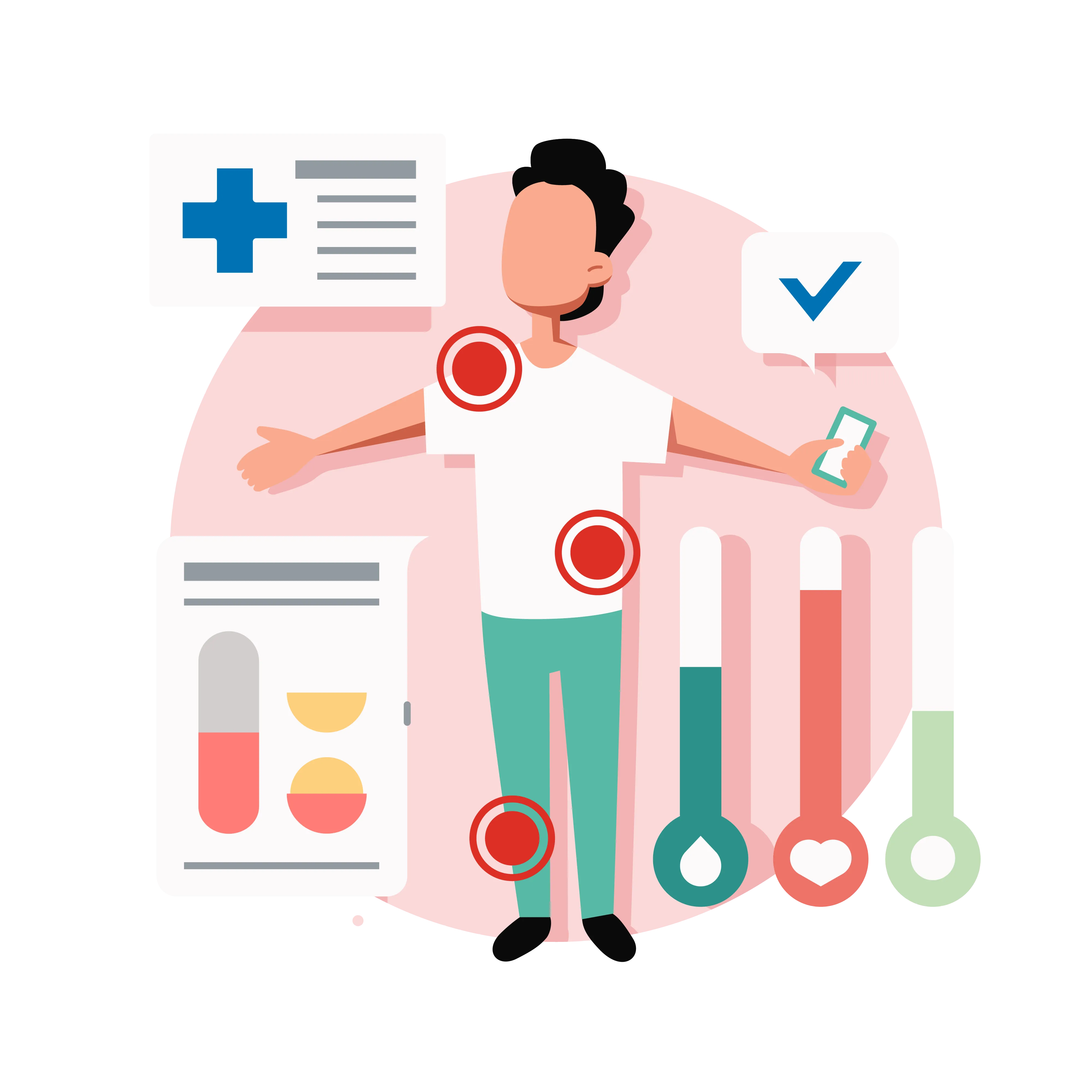
Get a Full Body Blood Test to Check for Deficiencies
A full-body blood test helps to track vital body parameters and measure overall health. The table below includes some of the routine organ function tests that are performed. [2,3,4]
| Name of the test | Components checked | Interpretation of results (Normal range)* |
| Complete Blood Count | WBC | 3500-10500 cells/mcL |
| RBC | Men: 4.32-5.72 million cells/mcL | |
| Women:3.90-5.03 million cells/mcL | ||
| Hemoglobin | Men: 13.75-17.5 g/dL | |
| Women: 12-15.5 g/dL | ||
| Thyroid function test | T3 or Triiodothyronine | 100-200 ng/dL |
| T4 or Thyroxine | 5-12 μg/dL | |
| TSH or Thyroid Stimulating Hormone | 0.4-4 mIU/L | |
| Lipid panel | HDL | >60 mg/dL (high) |
| Men: <40 mg/dL (low) | ||
| Women: <50 mg/dL (low) | ||
| Sugar Check | Fasting blood glucose levels | 70-100 mg/dL |
| Random blood glucose levels | <125 mg/dL |
*Normal range may vary based on age, lab, and other factors.
Additional read: Vitamin Deficiency Test
Check for Abnormalities in Liver with A Liver Function Test
Liver function tests help check the performance and health of the liver by measuring levels of bilirubin, liver enzymes, and proteins in your blood. Check the table below to interpret the normal enzyme and protein ranges.
| Name of the test | Interpretation of results (Normal range)* |
| ALT or Alanine transaminase test | 7-55 U/L |
| AST or Aspartate aminotransferase test | Up to 40 U/L |
| ALP or Alkaline phosphatase | 44 to 147 (IU/L) or 30-120 IU/L |
| Albumin | 3.5-5.5 g/dL |
| Bilirubin (total) | 0.1-1.2 mg/dL |
*Normal range may vary based on age, lab, and other factors.
The values mentioned above are normal for adults. However, in children, adolescents, and pregnant women, ALP levels are usually elevated. Similarly, AST levels may be higher in young children and infants. [5,6]
Do a Urine Analysis to See if Kidneys Are Functioning Properly
A urine analysis is done to check if you suffer from diabetes, kidney, or liver diseases. If there is high sugar content in your urine, you are likely to be diabetic. If the visual examination of your urine sample identifies a foamy appearance, it could be a sign of kidney disease. Further, if the microscopic examination reveals clumps of minerals in your urine, it could indicate the presence of kidney stones. [7]

Measure Your Heart Rate With an ECG
An ECG or electrocardiogram is the most common and painless procedure for detecting any abnormalities in your heart. This test is ideal for checking the following.
- Presence of blocked arteries
- The abnormal rhythm of the heartbeat
Check Out the Symptoms Below, Which May Need You to Undergo an Ecg
- Palpitations in the heart
- Increased pulse count
- Shortness in breath
- Chest pain
- Any weakness or fatigue [8]
Check Your Vision With Regular Eye-checkups
Vision screening is important to check if your eyes are healthy and your vision is satisfactory. With busy lifestyles spent on one screen, it has become crucial to do regular eye checks. According to the American Academy of Ophthalmology, adults need to undergo a complete eye examination at 40 and above to check for any visual impairment. However, if you have diabetes, have high BP, or have a family history of eye disease, get your eyes checked periodically. [9]
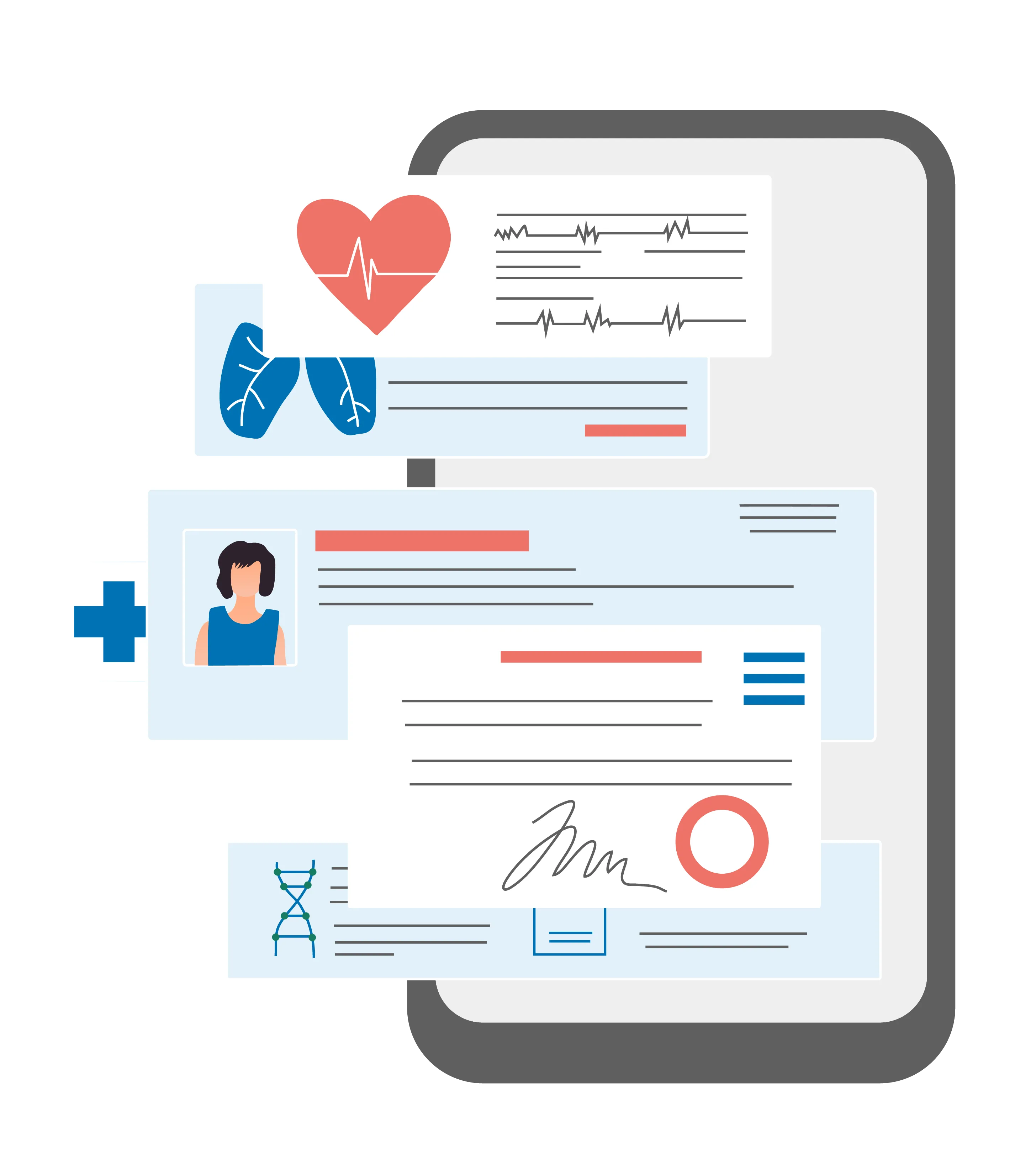
Get an X-ray Done to Check for Abnormalities Within the Body
An X-ray is a painless procedure that produces images of the internal structures of the body.
This is mainly performed to detect the following.
- Fractures and infections in bones and teeth
- Cavities in your teeth
- Bone cancer
- Arthritis
- Lung infections
- Digestive tract problems [10]
Undergoing a complete body test at regular intervals helps you be more proactive towards your health. With many convenient facilities available these days, you can even book a full body checkup at home, at least for blood tests that do not require any special equipment. Take the first step to being proactive about your health and book lab tests online with Bajaj Finserv Health for maximum convenience.
References
- https://www.ncbi.nlm.nih.gov/pmc/articles/PMC6894444/
- https://my.clevelandclinic.org/health/diagnostics/4053-complete-blood-count
- https://www.medicinenet.com/complete_blood_count/article.htm
- https://www.healthline.com/health/blood-tests#important-blood-tests,
- https://www.medicinenet.com/liver_blood_tests/article.htm#what_are_normal_levels_of_ast_sgot_and_alt_sgpt
- https://medlineplus.gov/ency/article/003470.htm
- https://www.kidney.org/atoz/content/what-urinalysis
- https://www.mayoclinic.org/tests-procedures/ekg/about/pac-20384983#:~:text=An%20electrocardio
- https://www.aao.org/eye-health/tips-prevention/eye-exams-101
- https://www.mayoclinic.org/tests-procedures/x-ray/about/pac-20395303
Disclaimer
Please note that this article is solely meant for informational purposes and Bajaj Finserv Health Limited (“BFHL”) does not shoulder any responsibility of the views/advice/information expressed/given by the writer/reviewer/originator. This article should not be considered as a substitute for any medical advice, diagnosis or treatment. Always consult with your trusted physician/qualified healthcare professional to evaluate your medical condition. The above article has been reviewed by a qualified doctor and BFHL is not responsible for any damages for any information or services provided by any third party.


